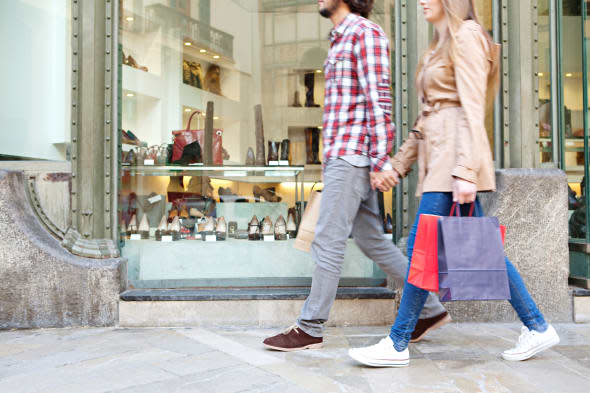Summer scamwatch: street crime

Stay one step ahead of the fraudsters this summer with our series of articles on the scams they use to trick holidaymakers out of their hard-earned cash.
This week, a round up of the sneaky ploys criminals use to con Britons travelling overseas.
How does it work?
There are so many street scams to watch out for when you are holidaying abroad.
Some of the most common include pickpocket manoeuvres, often involving children or a distraction such as a magic show, and "kindly" passers by who offer to take a photograph for you then demand payment or run off with your camera or smartphone.
In some parts of the world, you may even come across criminals posing as policemen who ask to check your purse or wallet for fake money, then return it with some of the cash missing.
In shops and restaurants, meanwhile, you may also be targeted by dishonest cashiers and waiting staff.
Their tricks include counting out your change so slowly that you become frustrated and forget to cheek it before leaving, and pretending to be on the phone while they serve you so that they can photograph your card in order to replicate it later.
How can I avoid being caught out?
The best way to prevent yourself losing out if you are a victim of holiday street crime is to take out comprehensive travel insurance before you set off.
Most policies will replace any items you have stolen, while some will even refund cash.
Once overseas, meanwhile, it is a good idea to be on your guard against any over-friendly locals while travelling overseas.
Other sensible steps include never giving your camera or smartphone to someone you don't know on the street, and keeping a close eye on your possessions when watching a street performer or if you are approached by a group of children, for example.
In restaurants and shops, you should also check the bill and your change before leaving the premises, and never let your card out of your sight.
If you are approached by policemen who seem to be acting suspiciously, a good tactic is also to insist that they go with you to the local police station - although there's no point being a hero if it places you or your companions in danger.
I've been defrauded. What should I do?
If you are targeted by a pickpocket or thief, the first thing to do is report the crime to the local police and, of possible, get a crime reference number.
You can then use this to make a claim on your travel insurance policy.
If, on the other hand, you notice strange activity on your account, or other evidence of your card being cloned, you should contact your bank or card issuer immediately and have the account frozen.
Banks and other lenders will often refund such losses, as long as you act quickly to limit them.
Read more...
Summer scamwatch: transport fraud
Summer scamwatch: holiday club fraud
Summer scamwatch: timeshare fraud




